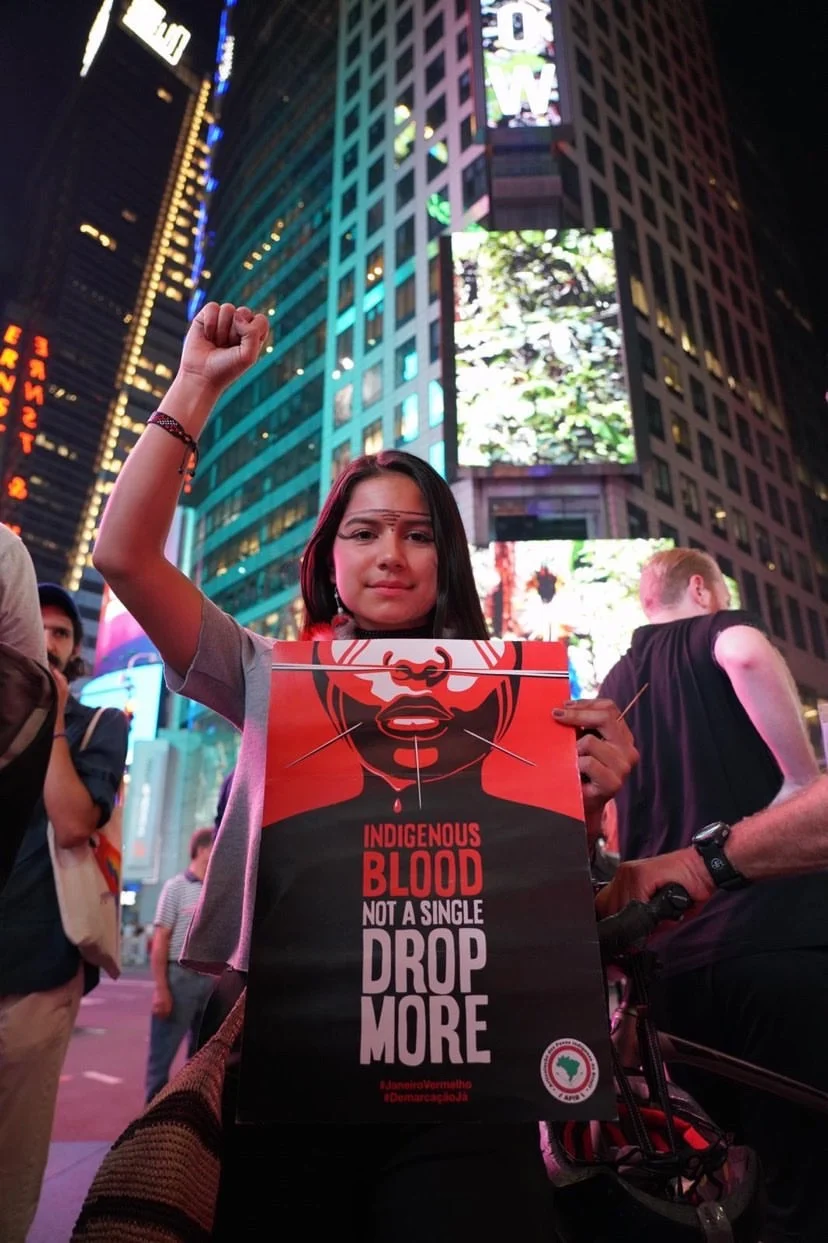A Legacy of Migration
December 18th celebrates International Migrant Day. It originated in 1997 by Filipino and other Asian migrant organisations. This date was chosen because it was on December 18 1990 that the UN adopted the International Convention on the protection of the Rights of All Migrant Workers and Members of their families.
Migration has always been a part of my experience, it is my past, present and future. It has been passed down to me from generations, it is my family’s legacy. This can be and is, a beautiful thing in many ways, but there is also a lot of pain that comes with bearing this unconventional birthright.
My first passport
While it is still being further investigated, there is some research indicating that pain can actually be transferred down our lineage, this is called transgenerational trauma – it is trauma that is passed down from the first generation of trauma survivors down further generations. This trauma can come from many things, and when thinking about about what my family has endured (on both sides), from poverty, to genocide, slavery, colonization, dictatorships and more, it is not surprising that there is some trauma that lingers.
My father as a young child in France
If anyone knows me they know I have many feelings and opinions about most things. However, this is particularly tough subject for me, there is so much to unpack and a lot of raw emotions. Should I approach this from a personal or an objective perspective? Is it irresponsible to not mention what is happening in Central America, the Mediterranean and too many other places? (I won’t do it right now, it would feel reductive and gratuitous).
Spain
As much as I want to explain, as much as I want to communicate everything I am currently feeling, I have realized that I don’t have to. I don’t need to explain how difficult it is to feel like a woman without a country, to think about what my parents have gone through to survive. I have always felt a certain amount of pressure to explain to others what it’s like to walk in my shoes, perhaps because like most people, I want to be understood. I have stood out for so long that I have focused too much on how others perceive me – being a ‘good’ immigrant who blends in with her peers, but if the past two years have taught me anything is that I can’t convince someone to see me as worthy of their compassion. I can’t convince someone who blames immigrants for their hardships that it’s not right, I no longer want to prove that I deserve to take up space in this world.
This morning as I created a collage of my parents and my grandparents I thought about their stories. I wish I could talk to father’s parents, ask them why they didn’t just give up once they were exiled from Spain. What was my grandfather feeling when he crossed illegally back into his own country, how did my grandmother feel about leaving everything she knew behind and if she ever went back to her hometown. They are testaments of what people are willing to do to survive.
Canada
Writing this now I realize that what I really want to do is to pay homage to my family, to have their stories told so that they are not forgotten. I want to tell my father’s incredible story of being undocumented until his late 20s, and how lucky I am that despite his traumas he became the best father anyone could hope for – kind, generous and loving. I want to honor my mother, who left her hometown in Ecuador as a teenager to give me everything. She’s the descendant of many strong women who survived it all, despite the odds, and she carries their strength. My parents have taught me what it means to be resilient and brave as my own migration story unfolds.
I have been gifted a legacy of migration, and while I try to reconcile with the pain that comes with it, I will also cherish the legacies that come with it – those of survival, courage and empathy.
I will come back to this theme, I suspect many times throughout my life, to tell their stories. But for now I want to simply say thank you to family for fighting for me.
I would also like to dedicate this to Jakelin Ameí Rosemary Caal Maquin, I am sorry this world could not keep you safe, I hope you find peace wherever you are.
If you’re interested in getting involved check out some of the organizations below:
Asylum Access (they work in Mexico and Ecuador)
Proactiva- Open Arms (they primarily work in the Mediterranean)
Refugee Rescue (working off the coast of Greece)











